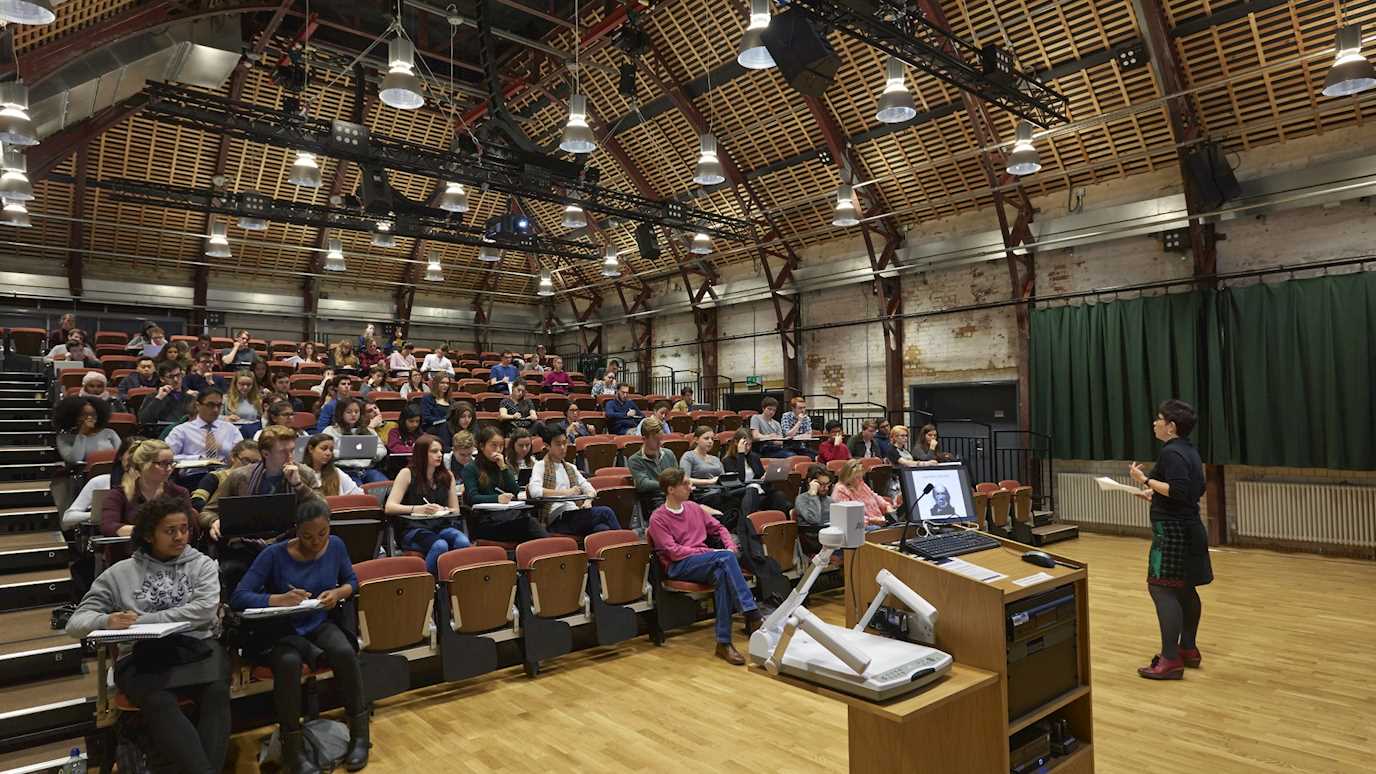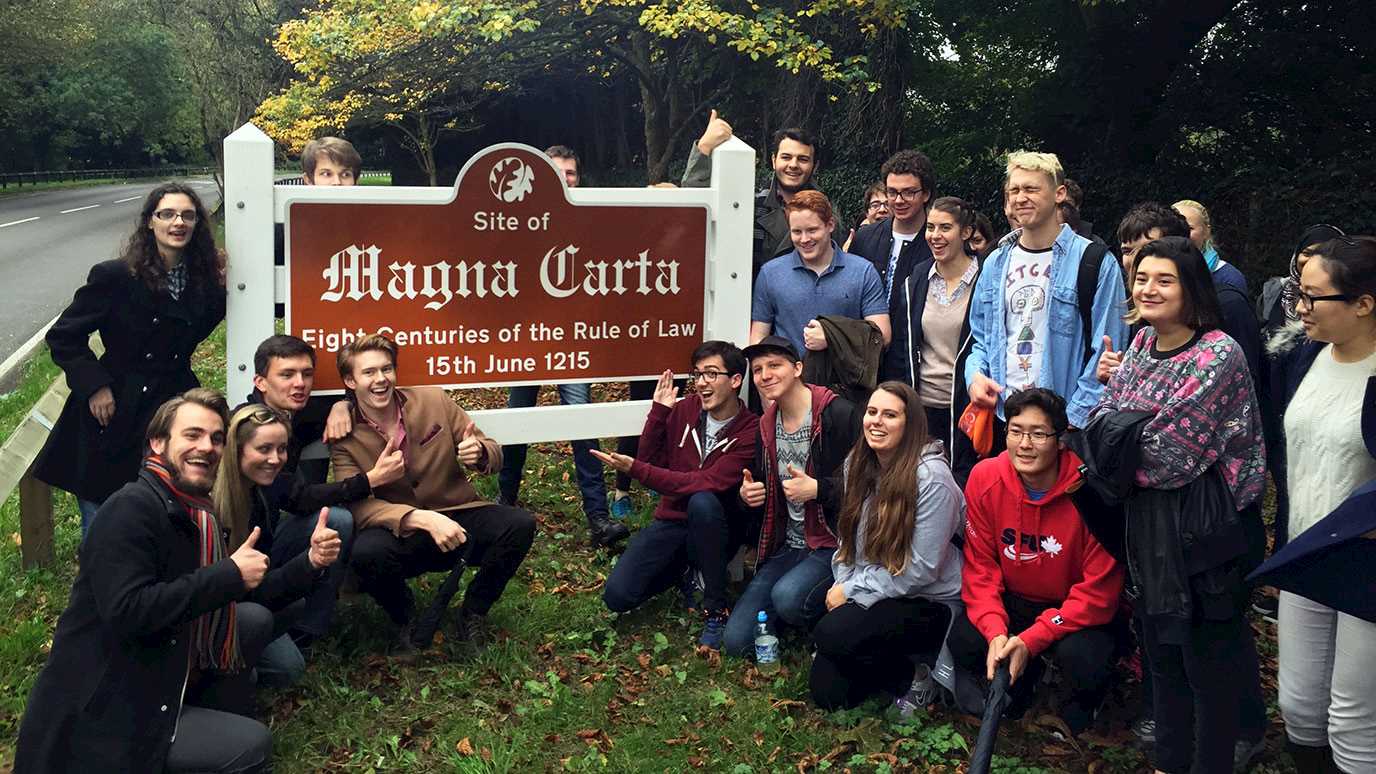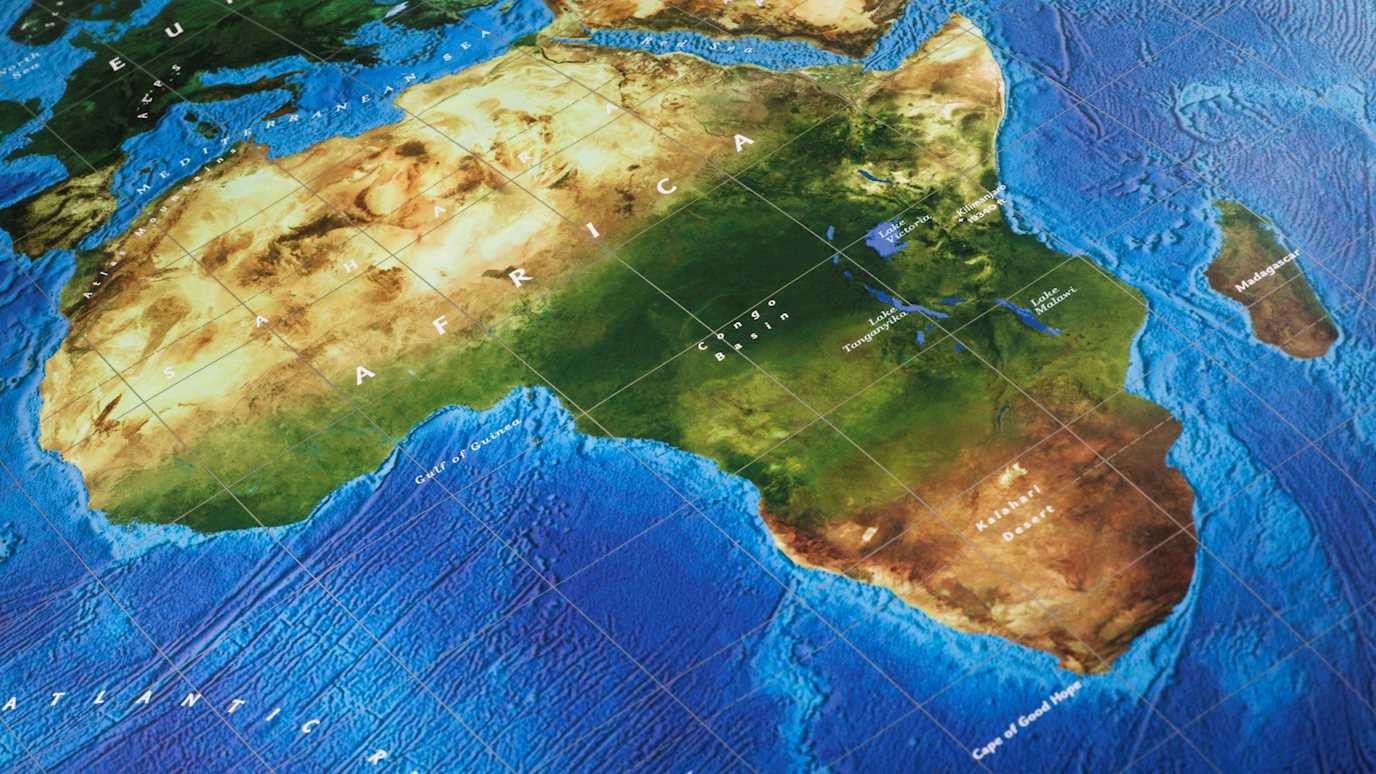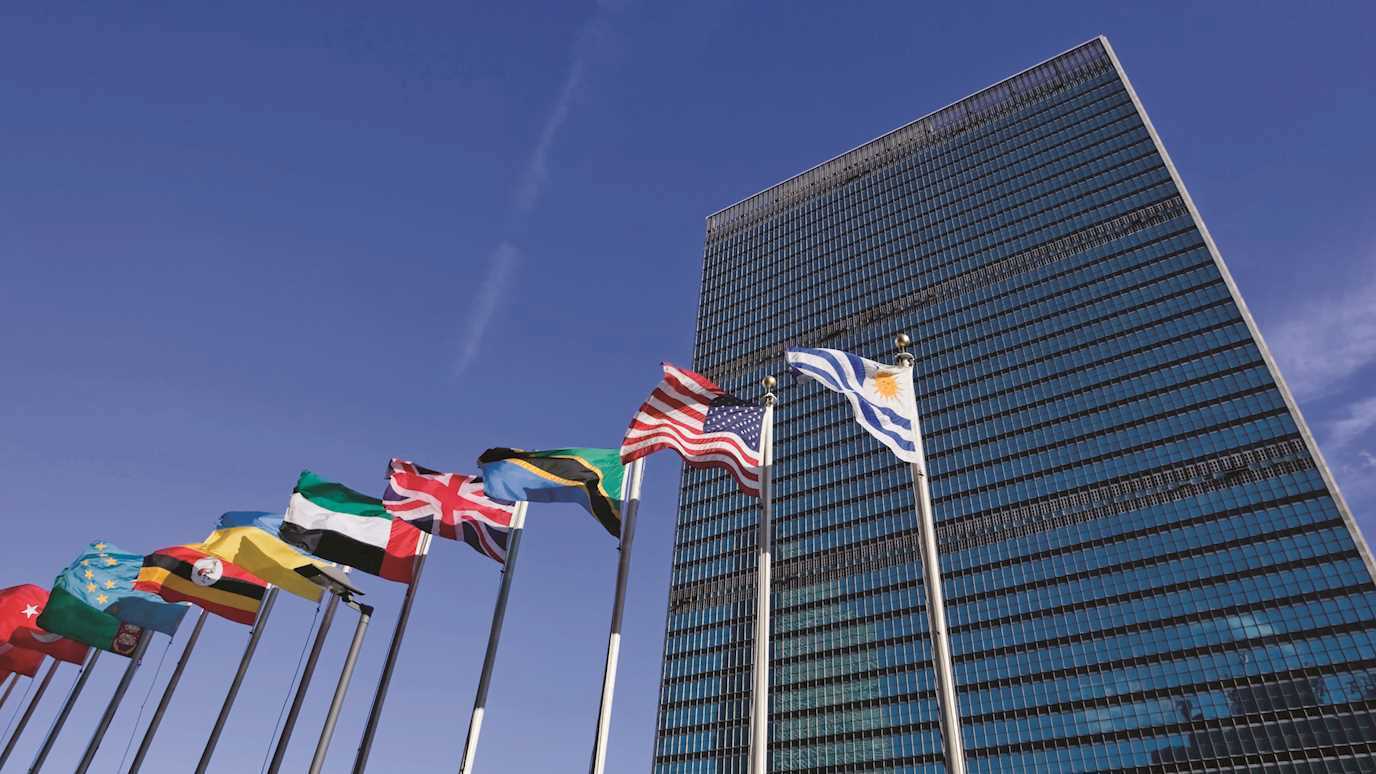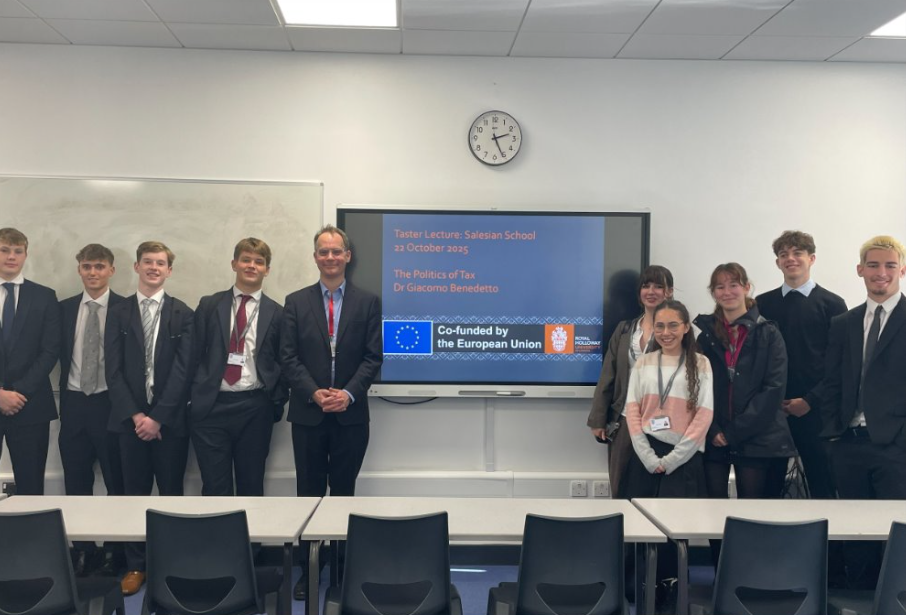On 13th January Prof Tom Dyson and Dr John Tull (University of Greenwich, formerly PIRP) ran an impact event at the Portugal Army General Staff in Lisbon to present the findings of the Portugal case study from Prof Dyson’s (2021-25) ESRC grant ‘A Revolution in Military Learning’ to senior Army officers. The presentation was accompanied by events to mark the successful completion of the four-year research partnership for collaborative knowledge generation between Prof Dyson and the Portuguese Army.

Left to right: Major-General Mendes Farinha (Coordinating Director of the Army General Staff), Prof Tom Dyson, Lieutenant-General Paulo Emanuel Maia Pereira (Deputy Chief of the Army General Staff), and Dr John Tull.
Prof Dyson and Dr Tull’s research has focused on the role of the Portuguese Army Lessons Learned Process in facilitating tactical and operational level learning from Portugal’s participation in the UN stabilisation operation in the Central African Republic (MINUSCA) and from training exercises for high-intensity warfare. Drawing upon evidence from 71 interviews with military officers from various ranks, it sheds new light on the challenges that the Portuguese Army has faced in adopting and implementing the NATO model for Lessons Learned Processes.

A cadet from the Military Academy asks a question during the Q&A
The presentation focused on the project’s findings about areas for further development of the Portuguese Army Lessons Learned Process, as well as changes to the wider military organisation which will help the Portuguese Army ameliorate the impact of barriers to learning. It also highlighted areas of successful good practice in lesson learning which could be considered for adoption by other NATO member states. The project’s recommendations will be adopted by the Portuguese Army General Staff, with sign-off from the senior Army leadership.
The event was attended by around forty officers ranging from cadets writing their dissertations on the Lessons-Learned Process at the Military Academy, through to senior Generals. It was followed by the presentation of a commemorative plaque to Prof Dyson and Dr Tull to recognise the productive completion of the four-year knowledge generation partnership.
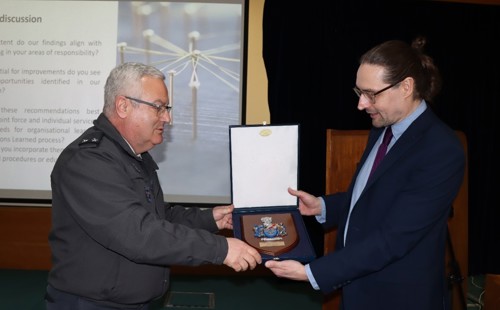
Major-General Mendes Farinha and Prof Tom Dyson
The two-hour event – which was preceded by one-to-one meetings with Major-General Mendes Farinha (Coordinating Director of the Army General Staff) and Lieutenant-General Paulo Emanuel Maia Pereira (Deputy Chief of the Army General Staff) – was organised with the assistance of Major Pedro Silva and Lieutenant-Colonel Hermano Chin of the Army General Staff’s Division for Innovation and Doctrine. Alongside Lieutenant-Colonel Jorge Magalhães and Lieutenant-Colonel Adolfo Reis, Major Silva and Lieutenant-Colonel Chin were the Army points of contact for the project. All four points-of-contact provided invaluable and greatly appreciated support, not only with the identification of interview partners and organisation of the three two-week interview trips, but also with achieving impact.
During the afternoon, Prof Dyson and Dr Tull visited NATO’s Joint Analysis and Lessons Learned Centre (JALLC) in Monsanto, where they held a meeting with Commander JALLC, Commodore Antonio Correia, and ran a 90-minute workshop for officers and civilian personnel from the JALLC’s Analysis Division. Prof Dyson and Dr Tull delivered a presentation highlighting relevant findings from the ESRC grant for the JALLC’s work. The discussion which followed focused on the contribution that the research findings will make to the further development of NATO’s Lessons-Learned Directive. Contributions to the next revision of the NATO Lessons Learned Handbook - which is the cornerstone NATO guidance for Lessons Learned Processes within NATO organisations and NATO member-states/partner-state armed forces – were also explored.
In the evening, Major Silva very kindly organised a dinner in Lisbon for Prof Dyson, Dr Tull and the team from the Army General Staff’s Division for Innovation and Doctrine to celebrate the project’s successful completion.










